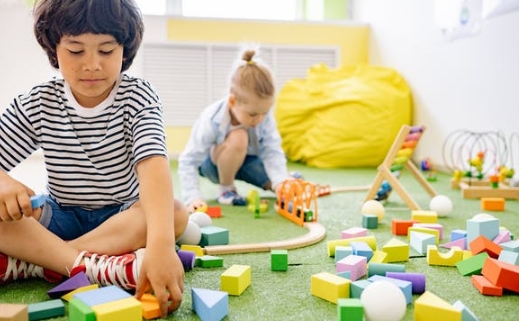Associative play is an important developmental milestone in a child’s social and cognitive development. Understanding the different stages of associative play can help parents and educators support children in their play and foster their social skills.
What is Associative Play?
Associative play is a stage of play that typically emerges around the age of 2 and continues through early childhood. During this stage, children start to interact with each other in a more social and cooperative way, although they are not yet fully engaged in organized group play.
Stage 1: Parallel Play
The first stage of associative play is parallel play, where children play alongside each other without interacting. They may be engaged in similar activities or using the same toys, but each child is focused on their own play. This stage is common in toddlers and helps them develop their individual play skills.
Stage 2: Simple Interactions
As children progress through the stages of associative play, they start to engage in simple interactions with their peers. This can include sharing toys, taking turns, and imitating each other’s actions. By interacting with others in this way, children begin to develop their social skills and learn how to communicate and cooperate with their peers.
Stage 3: Cooperative Play
The final stage of associative play is cooperative play, where children work together towards a common goal. This can involve planning and executing a shared activity, solving problems together, and negotiating roles and rules. Cooperative play is an important milestone in a child’s social development, as it helps them learn how to collaborate and work as a team.
How to Support Associative Play
There are several ways parents and educators can support children in their development of associative play. Providing opportunities for children to play with others, encouraging sharing and turn-taking, and modeling positive social interactions are all important strategies. It is also important to create a safe and supportive environment where children feel comfortable exploring and engaging with their peers.
By understanding the developmental milestones of associative play and providing opportunities for children to practice and develop their social skills, parents and educators can help children build strong relationships and navigate the complexities of social interaction. Supporting children in their play is not only important for their cognitive and social development but also sets the foundation for healthy relationships later in life.

